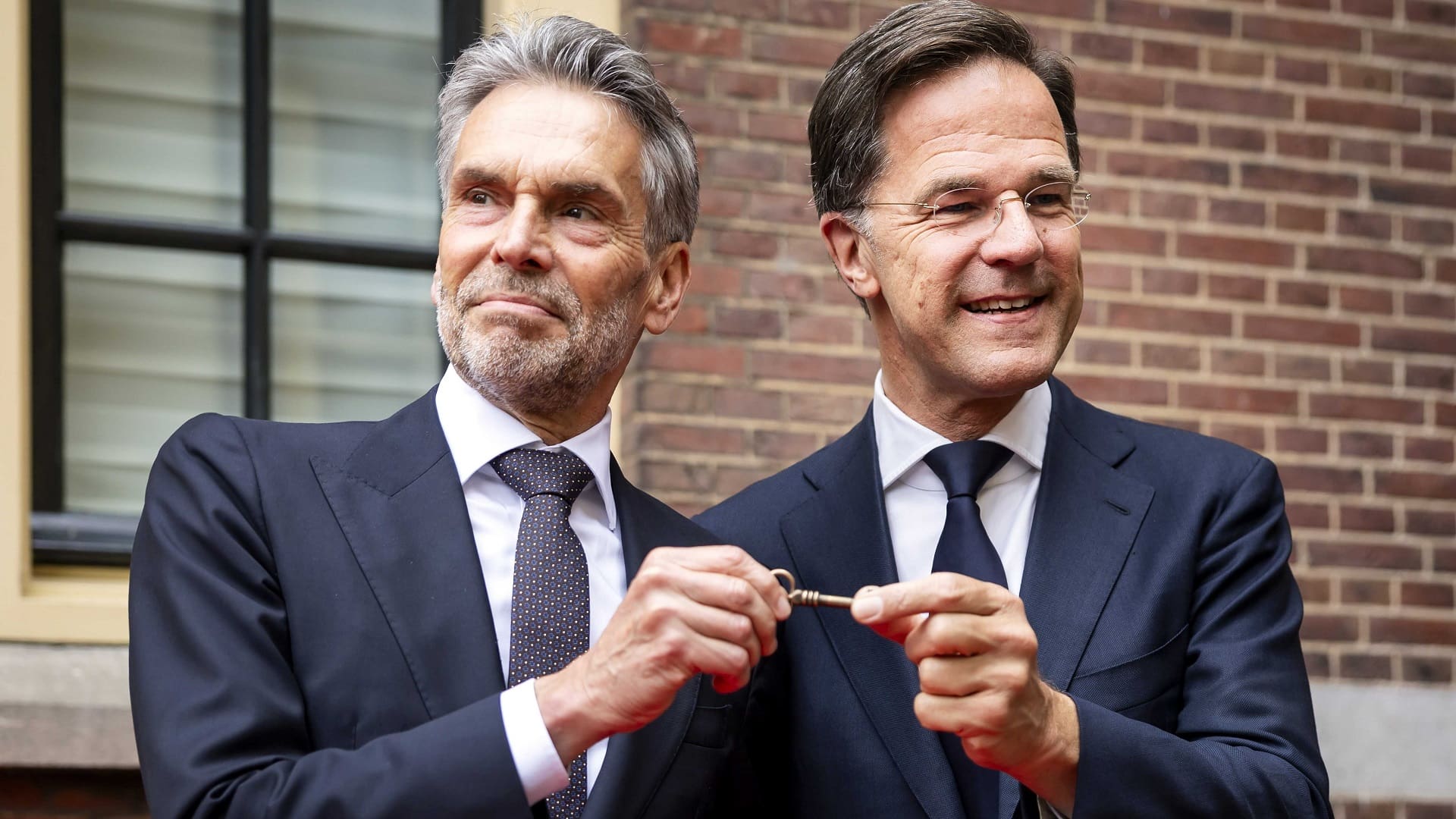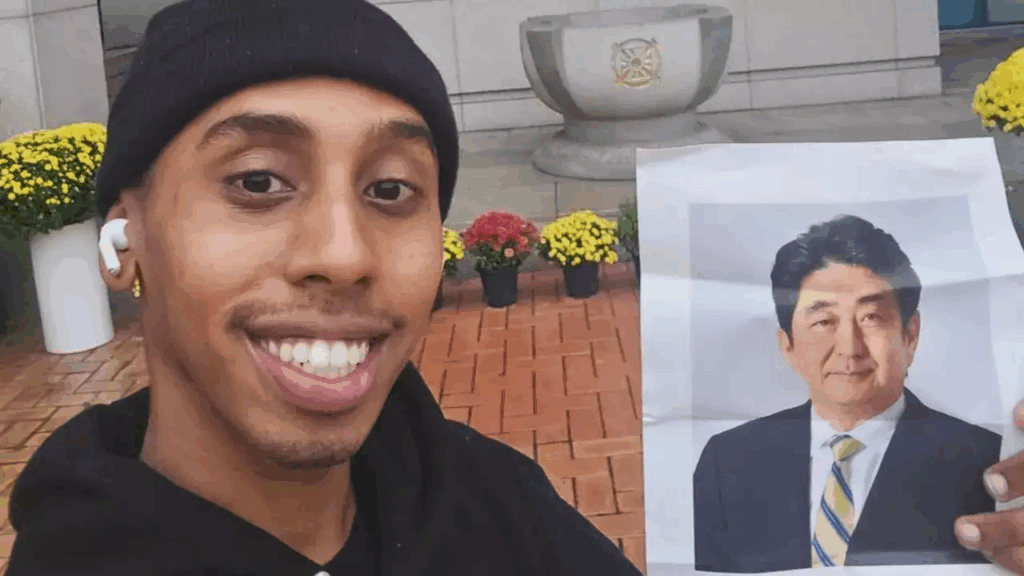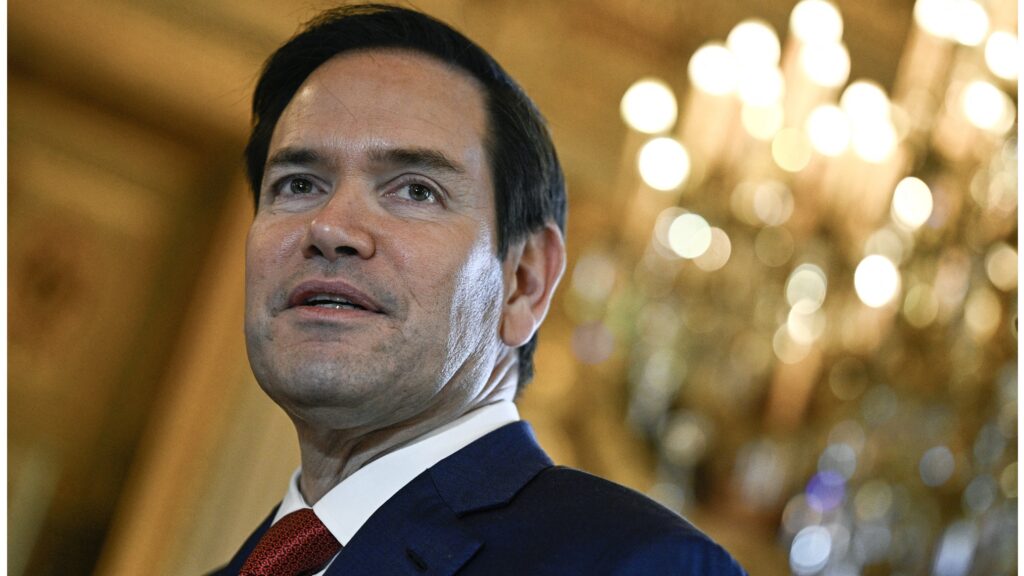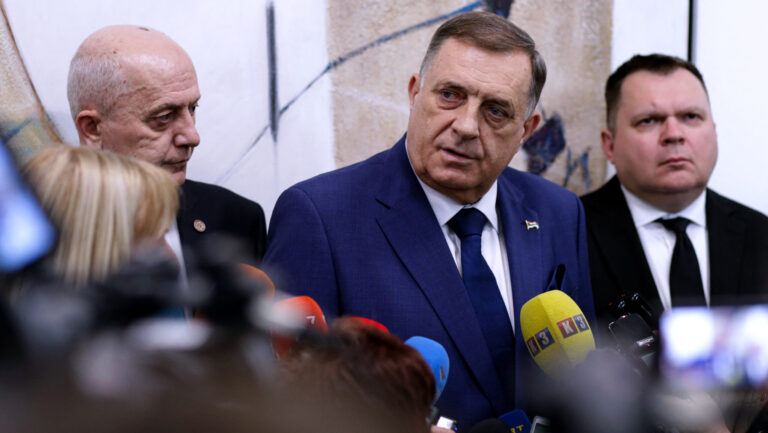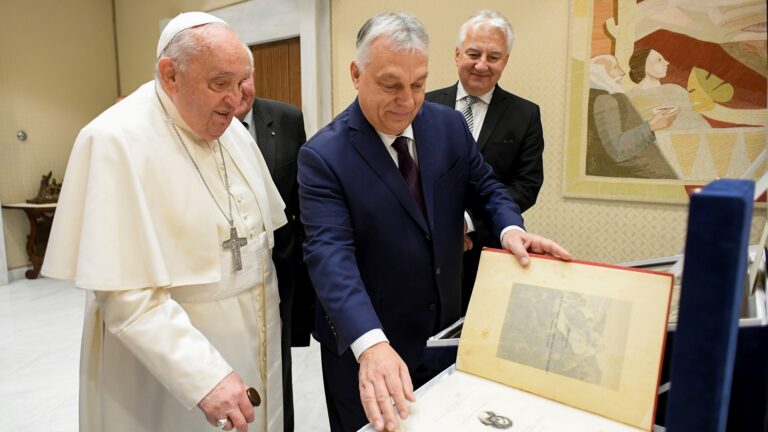Dick Schoof was sworn in by King Willem-Alexander as the new Prime Minister of the Netherlands on Tuesday, 2 July in Hague, the Netherlands. The Party for Freedom (PVV), a right-wing populist party, won the special election last November with a sizable margin. However, the subsequent seven-month negotiations could not allow party president Geert Wilders to be nominated as Prime Minister.
Wilders led the PVV ticket in the election, and his resolute rhetoric against mass immigration, especially from Muslim-majority countries, won over the support of a plurality of the voters, gaining 23.5 per cent of the popular vote and 37 seats out of 150 in the House of Representatives. PVV’s popularity shot up exponentially after the 7 October attack of the Palestinian terror group Hamas on Israel, only a month before the election.
However, since
the potential coalition partners found Wilders too extreme,
the negotiations yielded Schoof, the 67-year-old independent former Director-General of the General Intelligence and Security Service, as a compromise candidate.
The PVV party still got 15 ministries to lead in the coalition, including the one in charge of migration, the party’s most prominent agenda point. PM Schoof and other cabinet members have also vowed to implement the ‘strictest migration and asylum policy’ in the history of the country.
Three other parties besides PVV, the Farmers’ Party (BBB), the liberal-conservative VVD, and the new anti-corruption party NSC make up the governing coalition.
Wilders, a long-time close ally of Prime Minister Viktor Orbán of Hungary who spoke at CPAC Hungary 2024 earlier this year, will continue to serve in the Dutch Parliament and will continue to be the president of his party. Outgoing Prime Minister Mark Rutte, on the other hand, will serve as the next Secretary General of NATO.
Read more on Wilders and the PVV:

